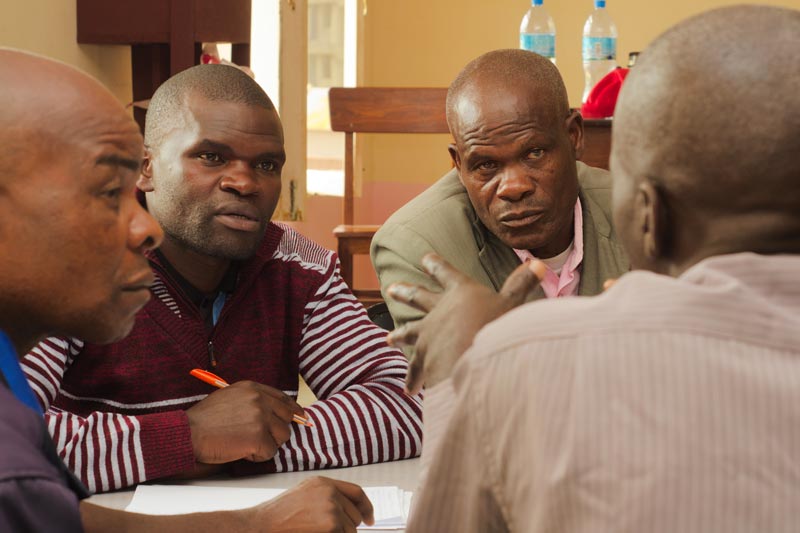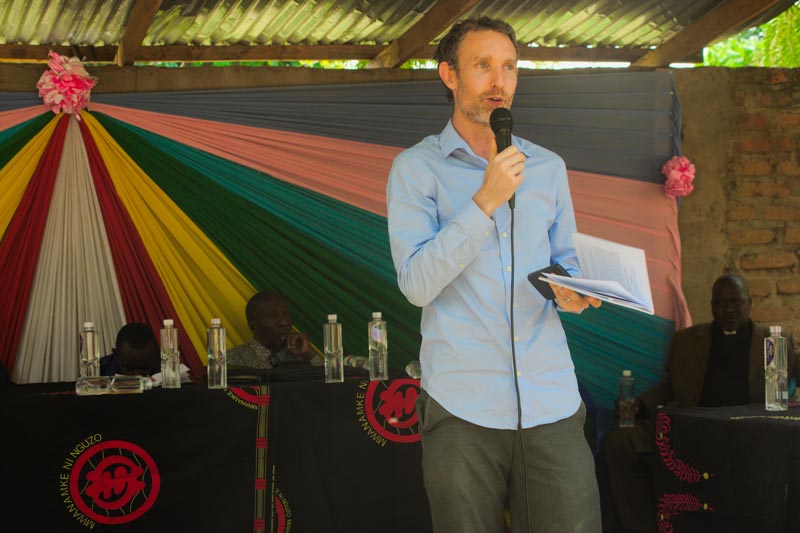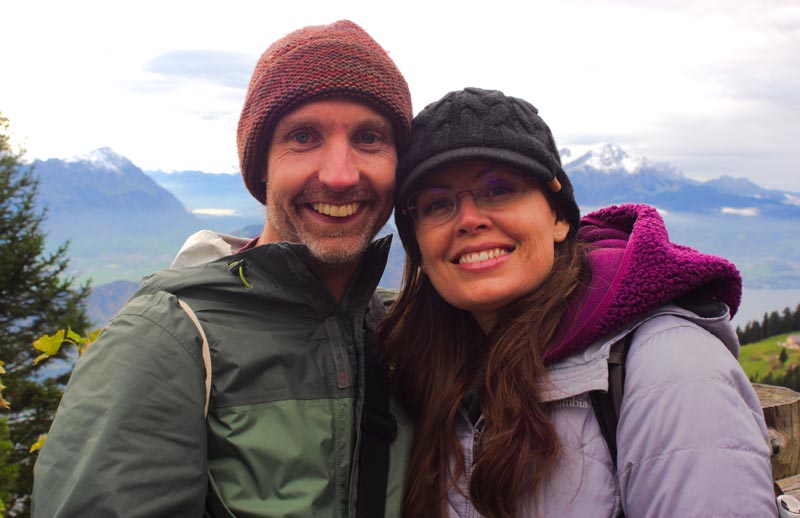Seeing God
Explore how God is working in Tanzania through Bible translation.

When does the Bible become real to you?
For Heri Mwanjalanje, a Malila speaker from Tanzania, it’s when he hears Scripture in his own language.
He explained, “When I read a book in Malila, it has more strength. For example, when I read ‘God told Jonah’ in Malila, it is like God is standing next to me. God is speaking directly. I realize that God is right there and he speaks with people. ... When the message is in Malila, it sounds to people like it is coming to them straight from God.”
The Bible became even more real to Mark Woodward about 15 years ago when he first got involved in the work of Bible translation.
Mark, the director of Bible translation projects in Tanzania, said: “Seeing the Bible in its historical context … the diversity, the different authors … that has made it real to me.” He continued. “But when you only have access to the Bible through a second language, it is a lot harder to understand that depth and context. When you have Scripture in your own language, you see it holistically and that has made a big difference in my own life.”
For multilingual Tanzanians, it can be natural to compartmentalize life and language — they use the widely spoken language of Swahili for school, church and official business but use the local languages for situations related to home, close relationships, emotions and work in the fields.
So when people hear the Bible in the local language, it surprises them. A group of Malia speakers explained: “When the Bible talks about olive trees and grapevines, this is much clearer in Malila. This is because the Bible is [now] in the environment of home so people understand it better, even if they understand Swahili well.”
Another group continued, “We are touched by the book of Ruth in Malila because it concerns things that we do every day .... We understand ideas relating to death in Malila. These are much more poignant. ... We see God.”
MARK’S JOURNEY TO MISSIONS
Mark is passionate about wanting all Tanzanians to “see God” through Scripture in their own languages. He first began exploring missions through going on short-term trips while in college. As he considered how to use his math degree, he realized that math and languages were closely related. Mark began working with Wycliffe in 2004, and in 2007, after marrying his wife Laura, they moved to serve in Tanzania. While Mark initially began serving in language assessment, he and Laura now work in management and caring for missionaries.


“I never thought I would end up in management,” Mark shared. “I felt like every role that I started, I thought I didn’t have the skills to do it as well [as the previous person]!” He continued: “But, somehow … by God’s grace, it has worked out okay. God has given me the skills I have needed, and I can serve in my own way.”
To ensure that Bible translations move forward smoothly, Mark and his leadership team work hard behind the scenes in areas such as HR, finance, project management, strategic planning and missionary care.
“People may not realize … how important these things are in the life of [Wycliffe],” he explained. “Although it can feel distant from the day-to-day language work, it makes a huge impact on what can be achieved in the next few years. Work needs to be planned, people need to be supervised and cared for.” He added: “For example, if we don’t follow Tanzania’s labor laws, we could face consequences that would impact translation.”
Even though it’s challenging, Mark enjoys constantly traveling to the various Tanzanian office locations as he encourages and guides his incredibly diverse team. “We are in an exciting time! Over the next three years, we have five to six New Testaments being published every year!”
STILL MORE TO ACCOMPLISH
But there’s still so much work to be done, not just in Tanzania’s 120 languages but in other parts of non-French speaking Africa too. Flexible and passionate people are needed to serve in every area, from finance and information technology to translation and consulting. Thousands of people are still waiting for the Bible to become real to them.
Heri Mwanjalanje summed it up by saying: “'Many people did not know that God understands all languages. Now that the books are available, they can pray in Malila knowing that God understands all languages. Translation has helped this.”
To learn more about serving in Africa, watch this short video.



